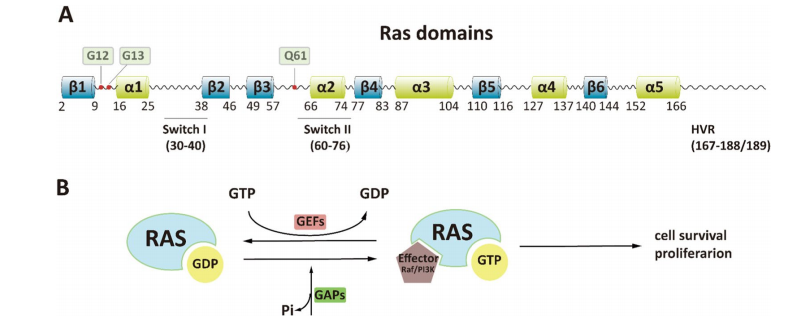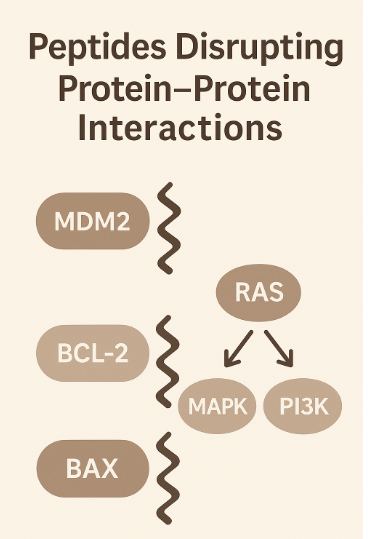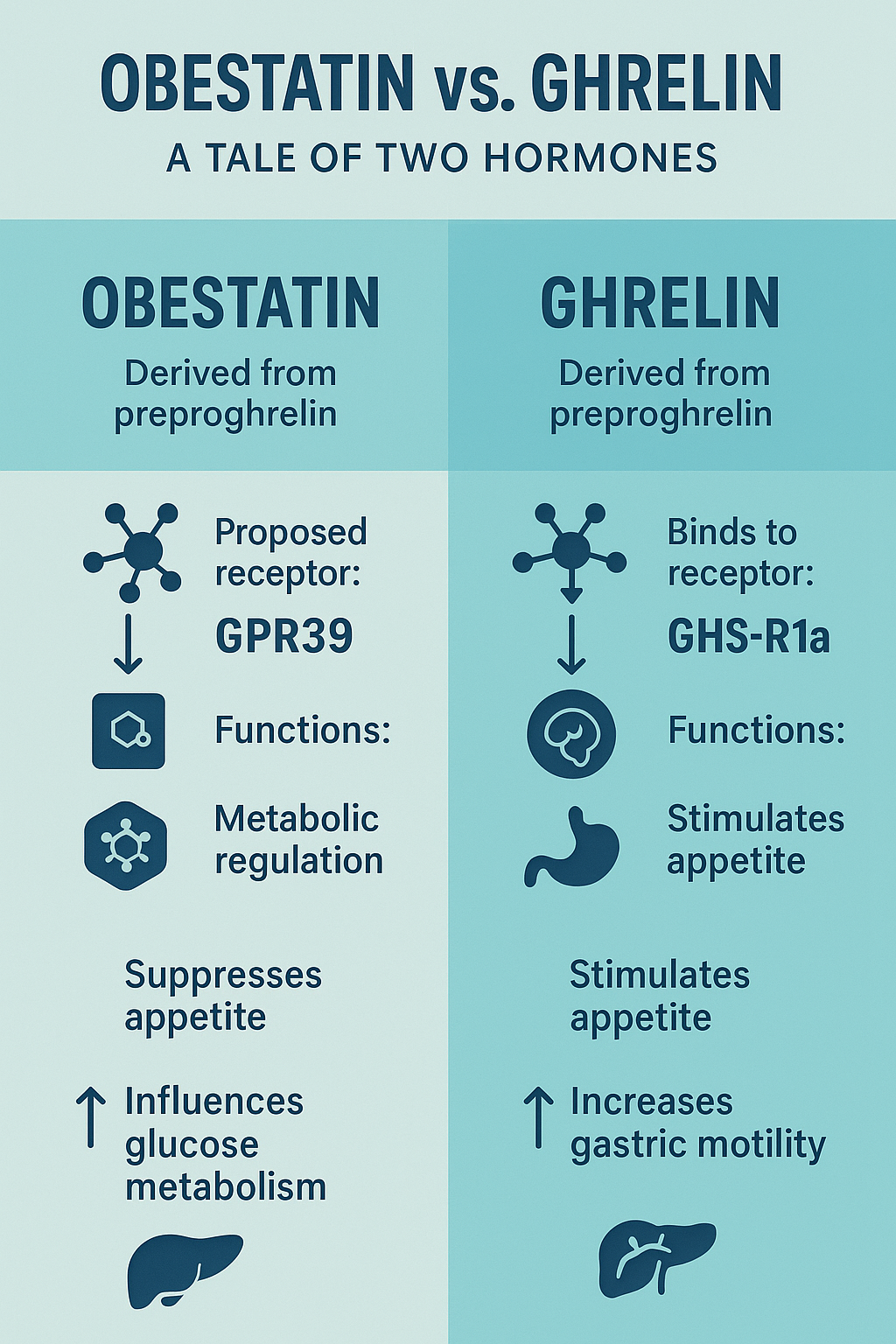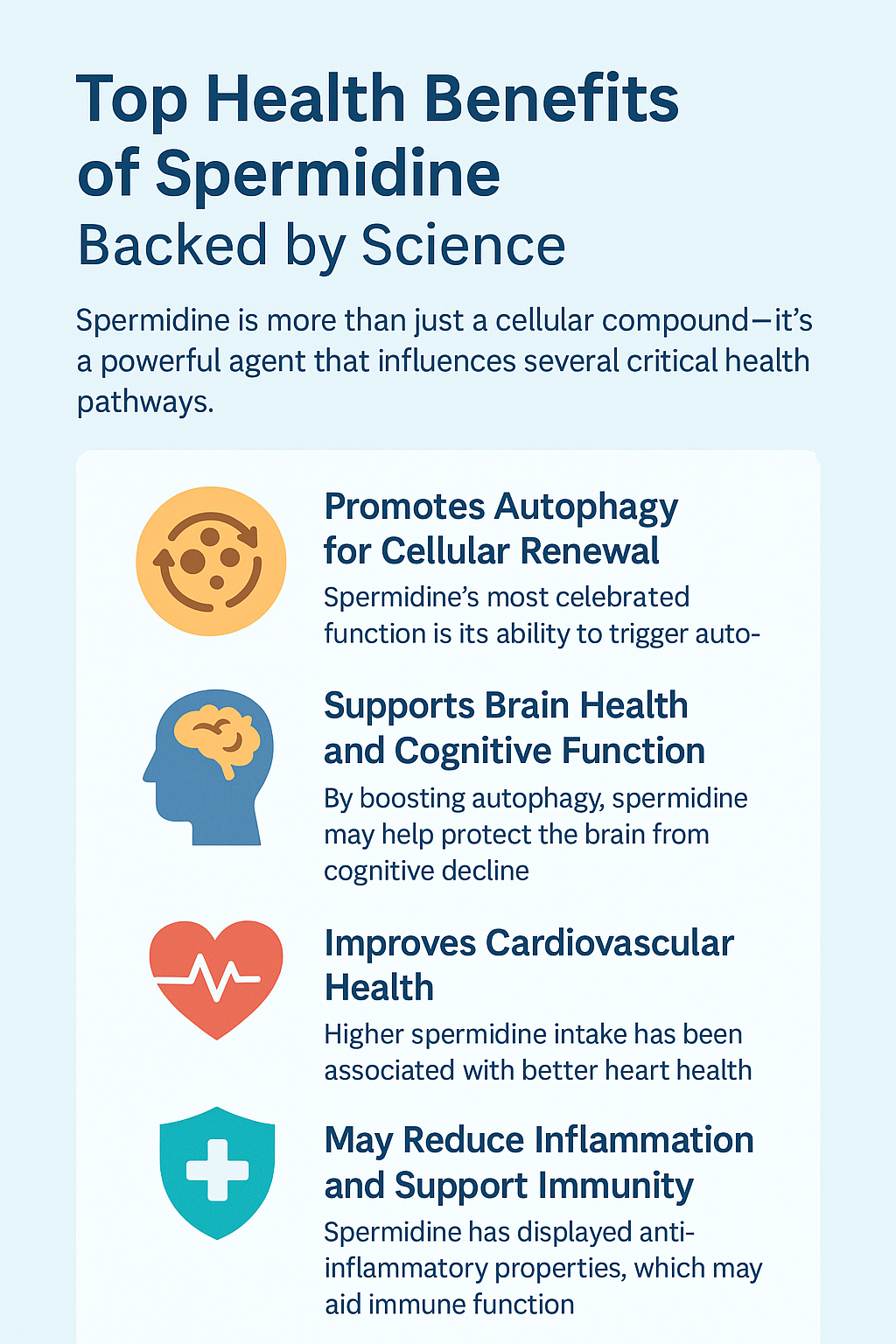What is the Use of Ganirelix Acetate?
Abstract
Ganirelix acetate is a synthetic decapeptide compound similar to endogenous gonadotropin-releasing hormone (GnRH) (also known as luteinizing hormone-releasing hormone (LHRH)) and is an antagonist of GnRH that competitively antagonizes the gonadotropic GnRH receptors, thereby mutating the pathway and causing rapid and reversible inhibition of gonadotropin (luteinizing LH and follicle-stimulating hormone FSH) secretion. Ganirelix acetate significantly inhibits FSH secretion from the pituitary gland, thereby decreasing sex hormone production. By inhibiting the fluctuation of LH induction by mid-cycle GnRH, ganirelix acetate inhibits ovulation, oocyte maturation division, and luteinization. Ganirelix acetate prevents LH fluctuations and associated stimulation and increases implantation and pregnancy rates in women with periovarian hyperstimulation syndrome.
Effects and efficacy of Ganirelix acetate
Ganirelix, a gonadotropin-releasing hormone (GnRH) antagonist, is a synthetic decapeptide with high antagonistic activity against naturally occurring gonadotropin-releasing hormone (GnRH). It is used in controlled ovulation treatment in assisted reproductive medicine in antagonist regimens. The specific role of ganirelix acetate is quite a lot. Many people think that the role of ganirelix acetate is for female regulation in the IVF process, but in fact, this is only one of the roles of ganirelix acetate. The purpose and role of ganirelix acetate injections are different before and after the egg retrieval procedure.
- Preventing early ovulation, as ganirelix acetate injections beforeegg retrieval can prevent early ovulation that can lead to poor ovulation and also help to obtain more high-quality eggs.
- to reduce the treatment burden, the use of ganirelix acetate after egg retrieval can reduce the treatment burden of women undergoing assisted reproductive technology
- avoid ovarian hyperstimulation syndrome, which can occur when ovarian stimulation is caused by wrong ovulation medications, and the appropriate use of Ganirelix acetate can reduce the occurrence of ovarian hyperstimulation syndrome.
Ganirelix acetate can improve the quality of eggs, the yellowing of the face and the weakness of the body, and even the loss of appetite. In addition, ganirelix acetate can also prevent the development of multiple follicles, which shows that ganirelix acetate has a wide range of effects.
It must be noted that the effect of ganirelix acetate should be based on the correct method of use. If ganirelix acetate is used incorrectly, not only will it not have the desired effect of the drug, but certain side effects may even occur, and their side effects should not be ignored.
Side effects of Ganirelix acetate
According to the clinical application practice, the following adverse reactions and their incidence were more evident in the clinical trials including 1589 patients who received ganirelix acetate.
- local reactions at the injection site, such as redness and swelling of the skin.
- hypersensitivity reactions, such as rash, facial swelling, respiratory distress, etc.
- nausea (0.5%), headache (0.4%), gastrointestinal disorders, neurological disorders
- pelvic pain, abdominal distension, ectopic pregnancy, spontaneous abortion.
In addition, some adverse reactions may occur in case of an overdose of ganirelix acetate. Hypotension and bradycardia may also occur after doses exceeding 1 mg/kg and 3 mg/kg. If a patient accidentally overdoses with ganirelix acetate, it is recommended to temporarily discontinue the use of ganirelix acetate.
Precautions for Ganirelix acetate
- hypersensitivity reactions may occur after use by women with symptoms of allergy.
- cannot be mixed with other drugs.
- the package must be checked for damage and the syringe must be intact before use
- ovarian hyperstimulation syndrome may occur after injection
- The use of ganirelix acetate is often associated with bookingabnormalities and the incidence of ectopic pregnancy may be increased.
In addition, there are no clinical data on the use of ganirelix acetate in pregnant women, and it is not known whether ganirelix acetate is secreted through breast milk, but in animal studies, exposure to ganirelix acetate at the time of embryo implantation resulted in embryonic reabsorption, and therefore ganirelix acetate is not clinically recommended for use in women during pregnancy or lactation.
Therefore, if you want to make the best use of Ganirelix acetate, you must master the correct use of Ganirelix and take it under the guidance of a doctor, do not blindly egg medication by yourself, otherwise, it will lead to Ganirelix adverse reactions. And when buying Ganirelix, pay attention to the fact that you must choose the regular Ganirelix purchase channel to avoid counterfeit and shoddy drugs affecting your health.
- Note: This article is only a scientific article, the Division only provides products for research purposes.




